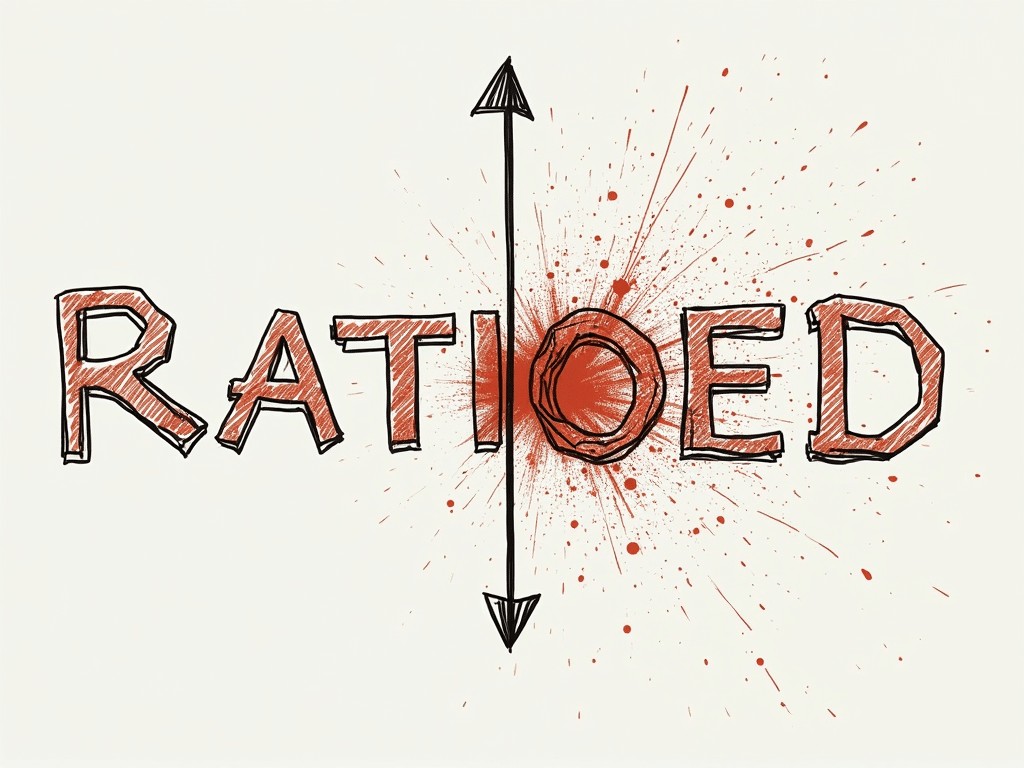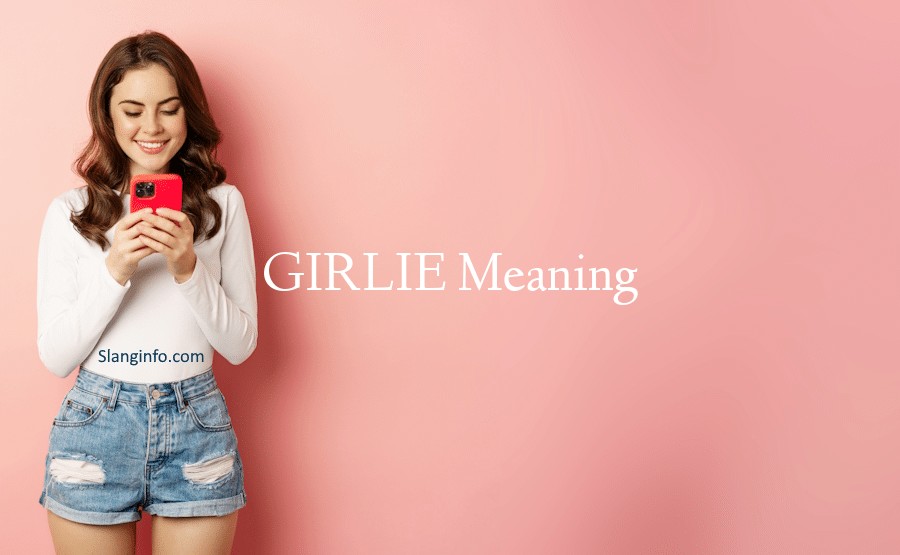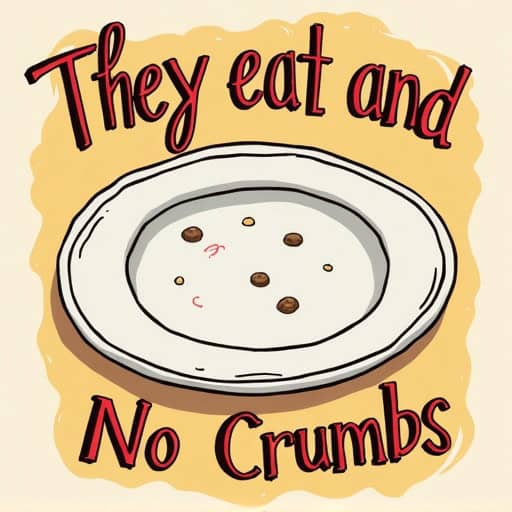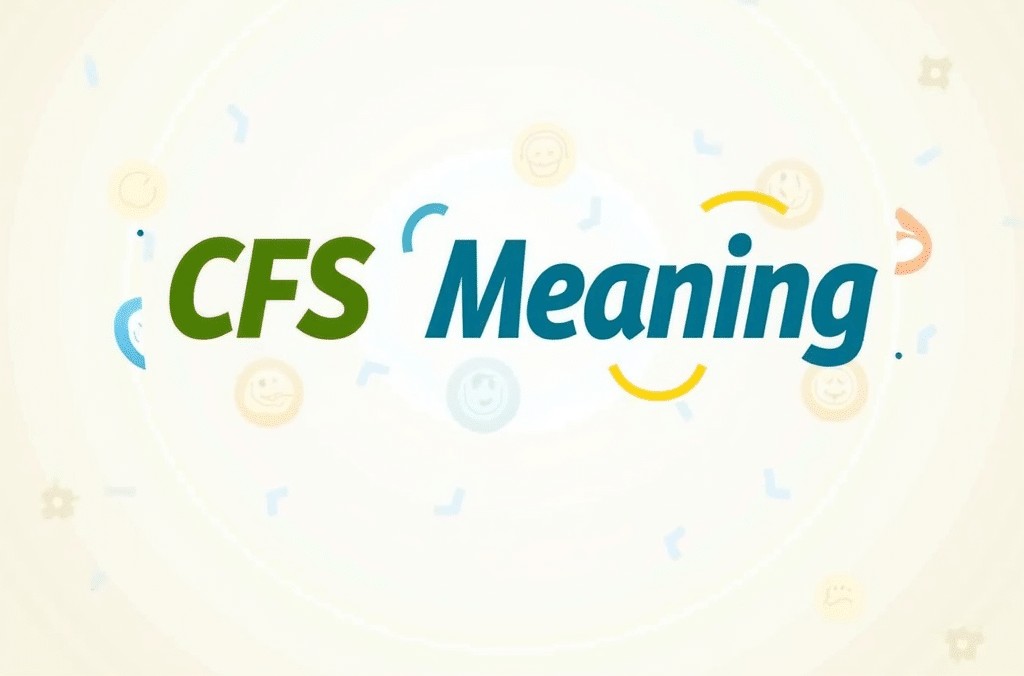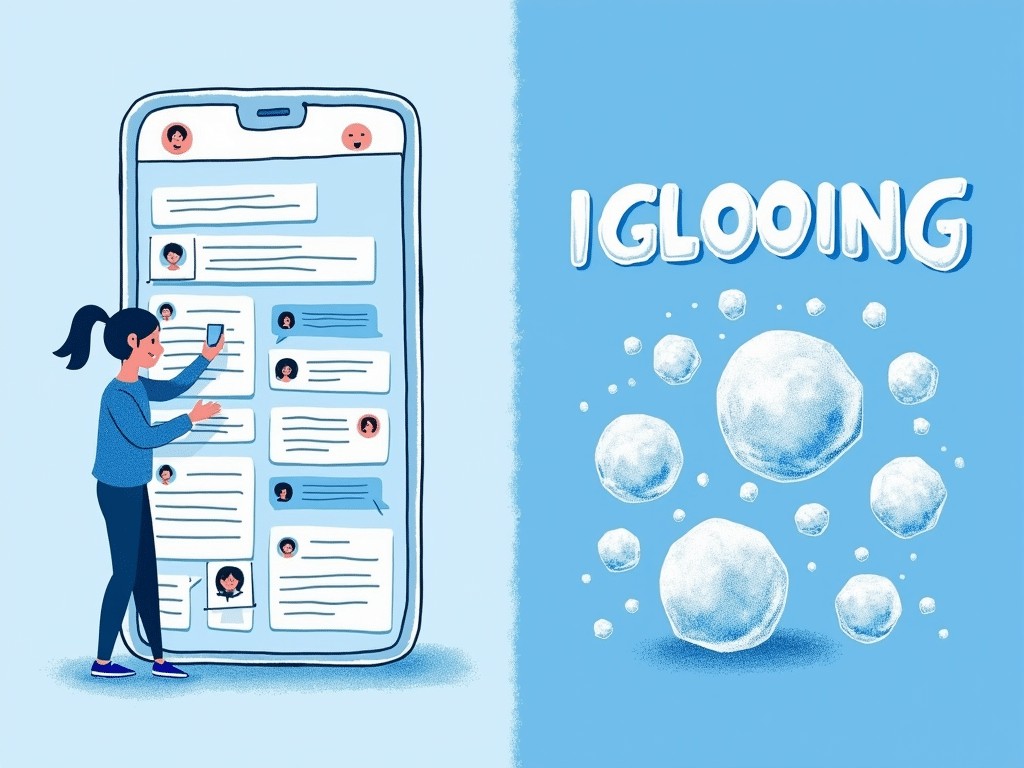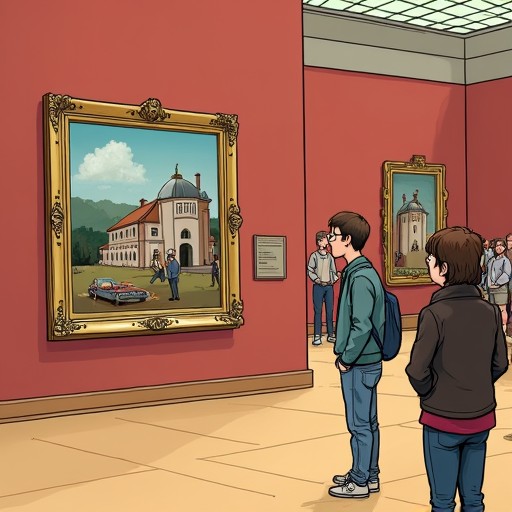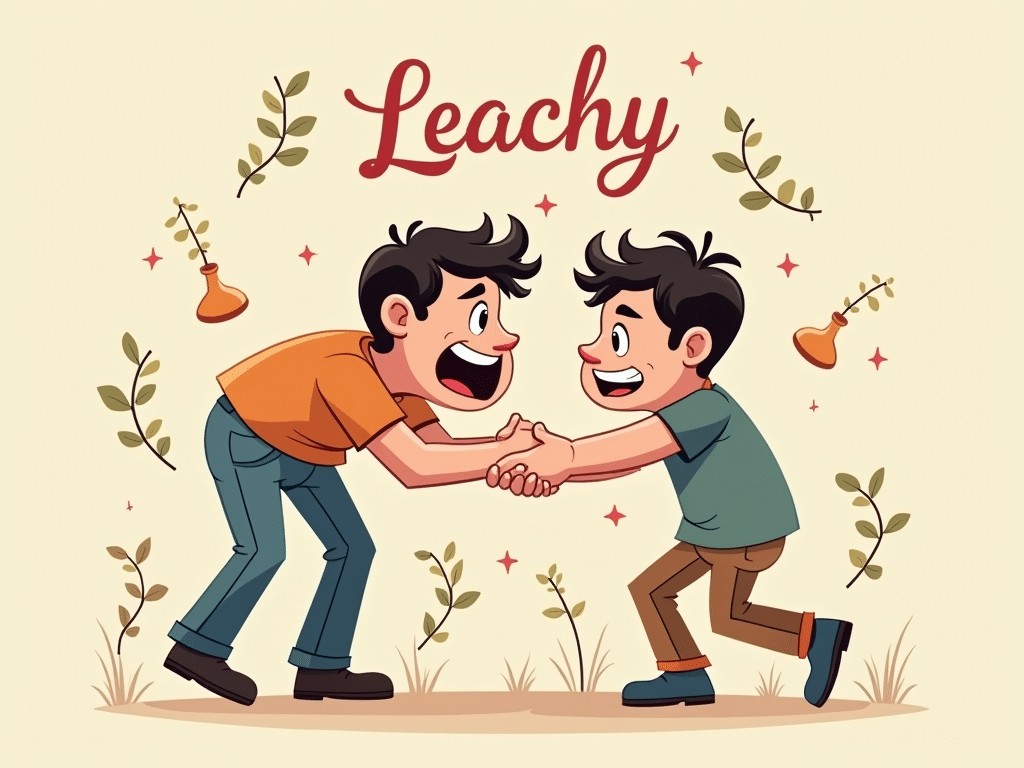JAJAJA Meaning
Ever stumbled upon a chat where your Spanish-speaking friend drops a casual jajaja and you wonder if they just found the world’s funniest meme? 🤔 Well, you’re in for a treat! Jajaja is the Spanish-language equivalent of hahaha, and it rocks the online convo scene like no other. So, let’s decode this laughter-laden term and see how it fits into our digital humor landscape.
Introduction
Navigating the landscape of slang can be tricky, especially when it varies dramatically between cultures and languages. Enter jajaja, a fun little term that originates from Spanish, representing laughter with a twist. The phonetics and cultural nuances behind jajaja add a colorful layer to digital communication, showing just how laughter transcends language barriers. Understanding jajaja isn’t just knowing how to laugh; it’s about connecting more deeply with friends and expanding your cultural repertoire.
| Aspect | Details |
|—————-|——————————————————————————|
| Meaning | Represents laughter in Spanish, similar to hahaha in English. |
| Phonetic Basis | J in Spanish sounds like H in English, making jajaja phonetically the same as hahaha. |
| Cultural Variations | Alternatives like jejeje or jujuju convey different laughter vibes, often varying by region. |
| Comparison Across Cultures | Different countries have their own expressions, like 555 in Thai and wwww in Japanese. |
| Role in Communication | Used to convey friendliness, soften tones, or signal sarcasm in digital chats. |
JAJAJA Meaning
At its core, jajaja is simply Spanish for laughter, a playful way to express joy, humor, or amusement in written form. But why jajaja instead of hahaha? It all comes down to phonetics! In Spanish, the letter J is pronounced like an English H, making jajaja the perfect representation of laughter.
The cultural aspects of this expression should not be overlooked. While jajaja is widely accepted among Spanish speakers, variations like jejeje (often more gentle or sly) and jujuju (with a more mischievous tone) exist, making laughter a multi-faceted concept in the digital realm.
JAJAJA Meaning in Text
In today’s texting world, understanding how jajaja fits into various platforms is crucial. Here’s the breakdown:
JAJAJA Meaning in Instagram
On Instagram, jajaja is commonly found in captions or comments, often paired with emojis to amplify the laughter. A comment like Esto es tan divertido jajaja 😂 means this is so funny, showcasing both humor and a personal touch.
JAJAJA Meaning in TikTok
TikTok users love to sprinkle jajaja throughout their captions or comment sections, creating a laid-back vibe. A TikTok creator might say, ¡Mira esto! jajaja, no puedo creer que lo hiciera! which translates to Look at this! Haha, I can’t believe they did that!
JAJAJA Meaning in Reddit
On platforms like Reddit, jajaja serves as a way to lighten the mood on threads that might get serious. If someone posts a hilarious throwback story, responses like ¡Me mataste de risa, jajaja! (You killed me with laughter, haha!) encapsulate that comedic spirit.
JAJAJA Meaning in Twitter
In the fast-paced world of Twitter, where brevity is key, jajaja is a go-to for expressing amusement quickly. Tweets like No puedo creer lo que vi hoy, jajaja! (I can’t believe what I saw today, haha!) help convey emotions swiftly and effectively.
Popularity & Trends
The rise of jajaja can be largely attributed to the increasingly global nature of social media. As Spanish-speaking individuals engage with English-speaking content, they’ve carried this laughing expression into the mix, turning it into a digital staple. This blending not only showcases the charm of bilingual communication but also highlights how cultural influences shape our modes of expression.
Examples
1. Texts:
– A friend shares a funny meme: ¿Viste eso? jajaja. (Did you see that? Haha.)
– A playful jab: Te crees muy gracioso, jajaja. (You think you’re so funny, haha.)
2. Comments:
– On a TikTok: Nunca había visto algo así, ¡jajaja! (I’ve never seen something like this, haha!)
– Replying to a funny story on Reddit: ¡Esto es oro puro! jajaja. (This is pure gold! Haha.)
Conclusion
Understanding jajaja is more than grasping a simple expression; it’s about appreciating the rich cultural differences that shape our online conversations. It demonstrates how laughter can transcend language and technology, forging connections that might otherwise feel distant. So, the next time you see jajaja popping up in your chats or on your favorite platforms, remember—it’s not just a laugh; it’s a bridge to understanding and friendship in the vibrant world of digital culture!
FAQs
Is jajaja used in spoken Spanish?
Nope! It’s primarily a written expression. Spanish speakers laugh aloud like everyone else.
Can I use jajaja if I’m not a Spanish speaker?
Absolutely! Just keep the context in mind. It’s a fun way to engage with Spanish texts.
How many ja’s should I use?
Typically, 2-5 ja’s are common. More can indicate extreme hilarity.
Does jajaja always mean genuine laughter?
Context matters. While it usually shows amusement, it can also be sarcastic.
How is jajaja different from LOL?
Jajaja directly represents laughter, while LOL is an acronym and might feel less personal.
Whether you’re dipping into Spanish-speaking chats or just curious about digital lingo, getting familiar with jajaja expands your conversational toolkit. Tune into how humor flows across cultures, and you might just connect on a deeper level! 🥳

